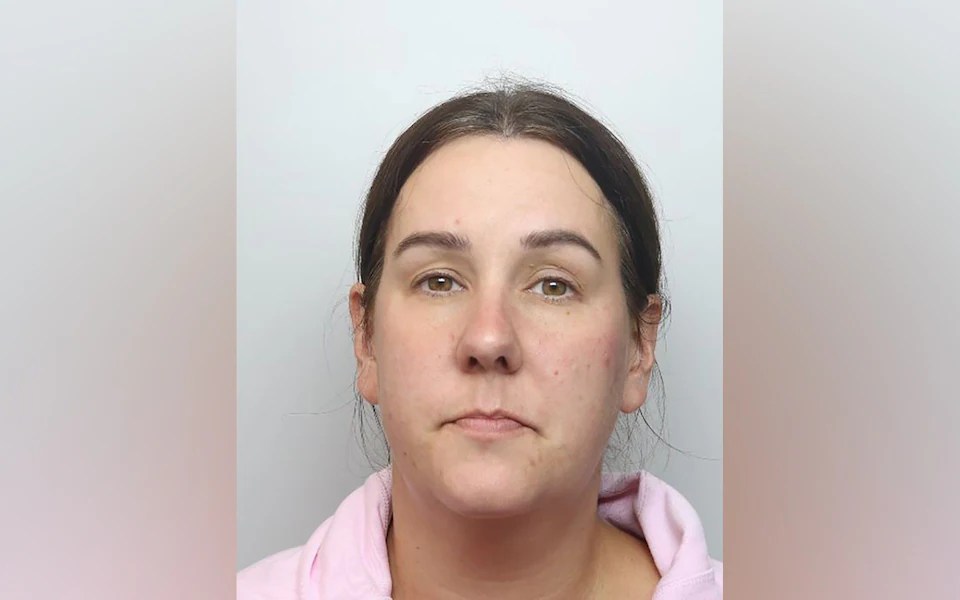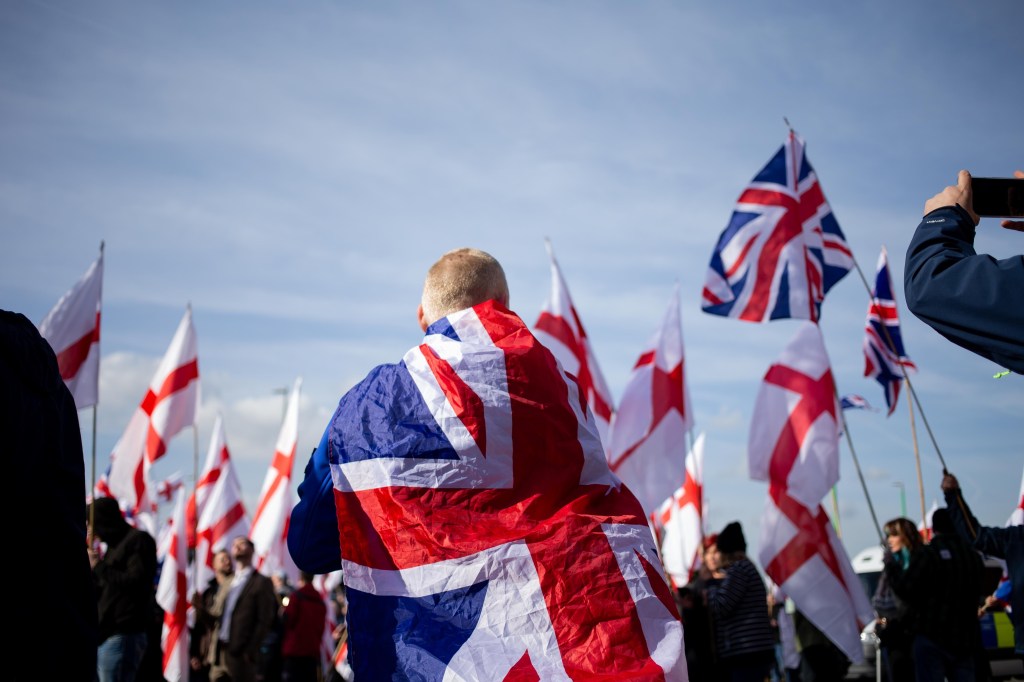A new phrase to have arrived in earnest this year has been ‘two-tier’ justice, relating to the perceived government and judicial approach to crime based on someone’s politics or background. But it’s worth bearing in mind another parallel approach to justice that’s been with us even longer: the growing eagerness to prosecute people for what they have said, and a decreasing willingness to prosecute miscreants for what they have done.
This week alone we have been reminded of this dual approach. As reported in the Daily Telegraph this morning, prosecutions for posts on social media judged to potentially stir up racial hatred have soared in the past decade. In 2015 just one person was convicted of the offence, compared with 44 in 2024. From 2015 to 2019, 48 people were charged, compared with 93 from 2020 to 2024.
This news comes only a day after the release of Lucy Connolly, the Northamptonshire mother jailed last year for a post she made on social media. Many have contrasted her treatment to that handed down to Ricky Jones, the former Labour councillor who was last week acquitted of the charge of encouraging violent behaviour, as a further proof of ‘two tier’ justice. An equally telling contrast is Connolly’s punishment for her social media response to last year’s Southport riots and the punishment administered to those who carried them out. While she received a 31-month sentence for a hateful tweet, some who actually took part in the mob violence were handed down sentences of lesser duration.
This fits into a divergent trend that began to emerge at the turn of the millennium: pursuing misdemeanours relating to speech with increasing zeal and neglecting or going soft on crimes against property or the person. The arrival of ‘hate speech’ onto the statue book in 1998, followed by the huge acceleration in investigations and recordings of ‘non-crime hate incidents’ after 2014, epitomises this shift. The imprisonment in 2000 of Tony Martin, convicted of manslaughter for killing a burglar at his Norfolk farmhouse the year before, represented for many a watershed moment, signalling a trend in the opposite direction: a growing unwillingness or reluctance by the state to treat crimes against property or innocent civilians with the seriousness they deserved.
As with the surge in prosecutions for hate-speech on social media, there has been an increased determination to punish offensive words in the real world. Consider a new surveillance programme by Surrey police, who last month announced the launch of their own ‘Jog on’ initiative, a country-wide operation first rolled out by West Yorkshire Police, in which plain-clothed police officers dressed in running gear jog through public spaces trailed by squad cars ready to collar anyone found making cat-calls, wolf-whistles or ‘sexually suggestive comments’ in their direction.
Or regard news from neighbouring Kent, where Thanet District Council recently unveiled a Public Space Protection Order which would fine residents or visitors to the likes of Margate, Ramsgate and Broadstairs for using foul language deemed to cause harassment, alarm or distress. Critics, including Toby Young of the Free Speech Union, consider the order to be so badly-worded and hopelessly vague that last week the Union issued a legal challenge over the Council’s proposed ban.
An even more sinister development, one that is already having nationwide consequences, are laws that have been passed in Parliament or those awaiting ratification. On the heels of the Online Safety Act of 2023, which implemented of range of new range of new duties on social media companies and search services to introduce safety measures to protect children from harmful content, there has subsequently arrived the Employment Rights Bill, with its requirement for employers to take ‘all reasonable steps’ to prevent third-party harassment. Or in plain English, a ‘banter ban’ enabling workers to take action against employers if they overhear hurtful words. To add to this, we have a growing impetus to put on the statue book a definition of ‘Islamophobia’, which critics fear will only stifle free speech, particularly when it comes to talking openly of ‘grooming gangs’, or will introduce blasphemy laws by the back door.
All this determination to clamp down on the unpleasant things that people might say has taken place against a backdrop of decreasing policing interest in criminal acts. Contrast our fixation with words with the collapse in burglary clean-up rates, the surge in shoplifting, the epidemic of mobile phone thefts and the inclination of judges to let-off asylum seekers who have committed crimes.
Is ‘two-tier’ justice with us today? Very probably. Has a parallel approach to mere words and physical crimes been with us even longer? Most certainly.







Comments